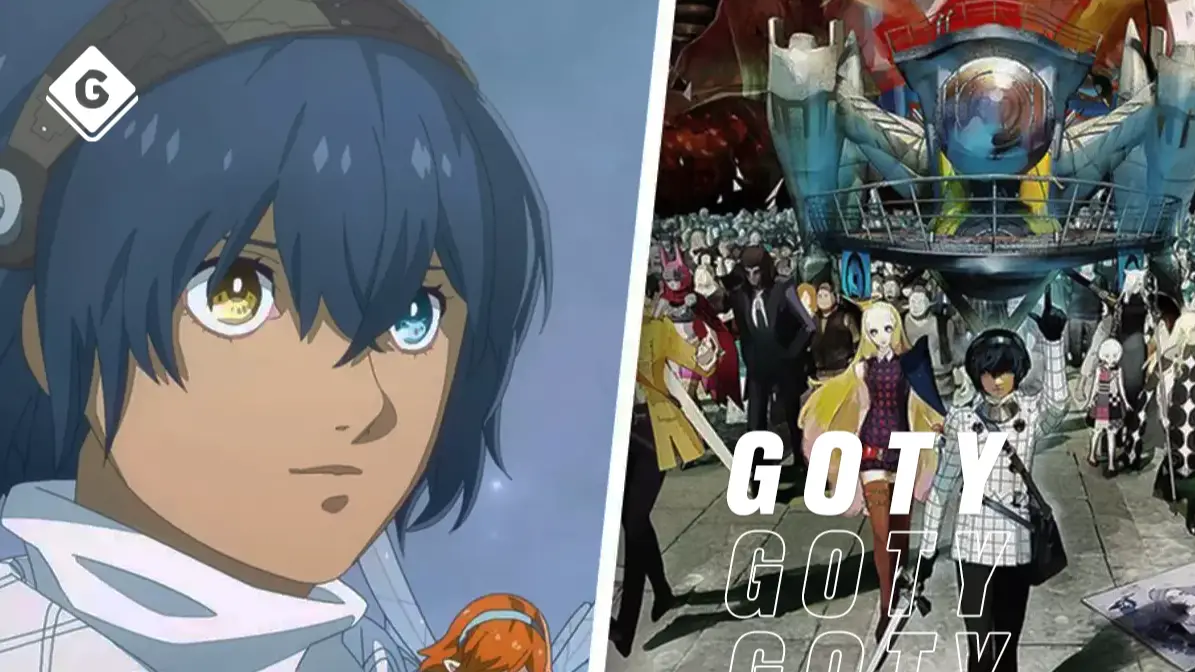
I’ve played a lot of 100-hour-long RPGs in my time, many of which I consider to be some of the greatest games ever made. I’d even place a few of them in my own personal top 10, such as Dragon Age: Origins, Fallout: New Vegas, Baldur’s Gate 3, and, yes, Persona 5.
There’s an odd, bittersweet feeling that comes with ending a journey you’ve lived in for weeks. Much like a great book, turning that final page on a long adventure feels well-earned, yet sombre. The best stories are the ones you wish would never end, even though a truly brilliant story requires a suitably brilliant conclusion.
You know what I’ve never done after finishing a great book though? I’ve never flipped that bad boy over and started reading it for a second time. And yet, I found myself immediately compelled to start a second playthrough of Metaphor: ReFantazio - mere days after my 110-hour-long playthrough was over.
So what sets Metaphor: ReFantazio apart from a game like Persona 5? Why was I so eager to replay one of Atlus’ 100-hour RPGs, but not the other?
Advert
To be frank, there’s not much of a difference between the two games. Outside of a new story and a fresh setting, Metaphor and Persona 5 are strikingly similar games.
If you’ve played a Persona game before, let me know if this sounds familiar: In Metaphor, you spend your limited amount of days chatting to your followers and increasing your bonds, levelling up your Royal Virtues so you can unlock more quests, and travelling to different dungeons so you can progress the plot.
Naysayers like to refer to Metaphor: ReFantazio as “Persona 5.5”, and I am inclined to agree. The difference is, I think that’s a good thing. Story aside, Metaphor is just a better version of a game that was already a 10/10 to me.
Which comfortably brings my own metaphor full circle; Metaphor: ReFantazio’s story is what compelled me to replay it. It’s the reason why it’s my GOTY. It’s the reason I can’t stop waffling about this game to all of my poor friends.
Metaphor’s plot is weird, contrived, and frankly just downright goofy, but the ridiculous set-up somehow doesn’t detract from its more serious topics. When the story takes you to the darker corners of its world, and when it dares to tackle bleaker subject matters, Metaphor locks in. It feels genuine, and, contrary to its fantastical setting, authentic.
Director Katsura Hashino recently stated that believes the success of Atlus’ games lies in what he refers to as the “glimpse of the emotion” that inspires them; the studios’ ability to wear their hearts on their sleeves.
After finishing Metaphor a second time, I think I finally understand what he meant by that. I didn’t just replay this game because the story was great, I replayed it because I missed its characters - because their problems, their dialogue and their subtle quirks felt real. I know this sounds bloody lame, but I just missed hanging out with them.
I’m not sure I can say the same for any other game I’ve played this year. I’m not even sure if I can say that for any other game, period.
Plus, you know, Metaphor: ReFantazio has best boy Heismay so that immediately invalidates any other GOTY picks.
Topics: Features, Opinion, The Game Awards, Persona
